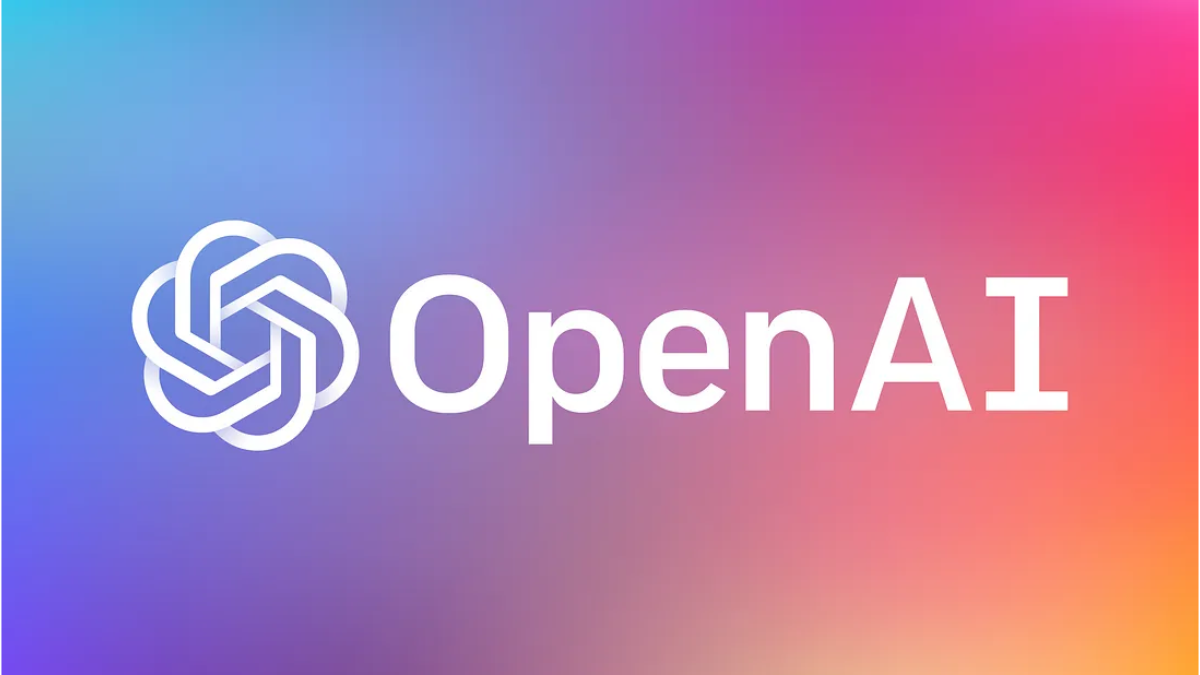
OpenAI: ChatGPT’s adoption of an ad-free search engine is expected to further disrupt a search business that has already revolutionized with the arrival of generative AI.
Why Nearly all of the $200 billion worldwide search industry’s revenue must come from advertising, with Google currently receiving most of this.
Making headlines:
OpenAI declared on Thursday that it had integrated a search engine into the ChatGPT website and applications.
Individual and team subscribers can now access it, and educational and large company clients will soon be able to do the same. Following that, users of the free ChatGPT product will also be able to utilize it.
Overall, ChatGPT’s entry into search is part of a larger trend wherein startups and IT giants anticipate that people would look for information from chatbots that provide summaries and explanations of what they find.
In addition to attempts by established players like Google, which has included AI summaries in a number of its search results, the area has seen newcomers like Perplexity.
According to AJ Ghergich, a worldwide vice president at search engine optimization company Botify, “It gives people answers faster, but it gives people answers customized for them instead of pages of links,” he told ABC.
Ghergich asked ChatGPT and Google to suggest the finest scary Stephen King book to compare the two services. According to him, both agencies offered sensible recommendations.
How it works:
ChatGPT.com and the desktop and mobile ChatGPT apps both incorporate OpenAI’s new search function.
Users can directly query the search engine by clicking on a globe icon. When ChatGPT detects that a search engine would benefit from real-time information, it will also forward those inquiries to the appropriate search engine.
Although the comments resemble other ChatGPT users’ comments, they may contain additional photos, stock charts, maps, and other results.
According to the company, it was not and has no plans to include advertising.
Many consumer electronics products started without advertisements before being added once they generated significant profits.
Ghergich’s Thought On OpenAI
Ghergich anticipates that some of the demand will be driven by customers looking for opportunities to act on chatbot recommendations.
He stated that sponsored links ” will strangely come in because the consumer wants it.” They’ll want to make a purchase, so the pipes will need to be connected.
While it would be helpful for customers, it would create a great deal of new uncertainty for anyone conducting business online.
This era is similar to the early 2000s. When Google replaced Yahoo the market transitioned from a directory-driven strategy to a search-based one, according to Ghergich.
Companies want to know what data to provide, how such a new system operates, and how much control they have over the results.
He added that they were literally the same questions asked, word for word, referring to earlier transfers. Ghergich advises businesses to remember that customers primarily search for the same items they previously did. When they are ready to buy, they become better informed and discover new ways to find it.
He compared it to the state of the automobile industry. “That kind of car-shopping experience is going to come to most of commerce,” he stated.
However, content creators may be in a more difficult situation.
Thoughts of OpenAI
According to OpenAI, it employs a range of news sources to respond to search requests. This includes publishers with whom it has agreements and alternative sources. Unless the publishers have chosen not to participate in the search. Direct links are provided by ChatGPT search citations. However, its outcomes might not yet provide publishers with the same level of traffic that search engines. This caused a major disruption to the news industry we were able to produce. Publishers have been disproportionately affected by advertising because of this.



